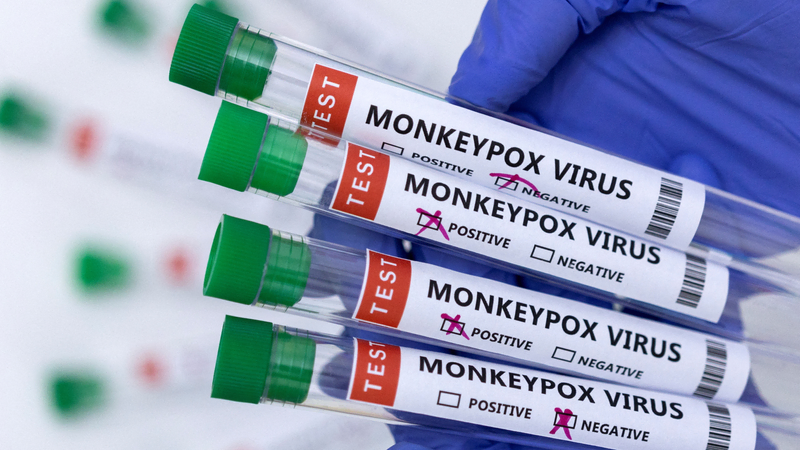South Africa has confirmed its first case of monkey pox. According to South Africa’s Health Minister Joe Phaahla on Thursday he had been notified by the country’s laboratory services that they had confirmed the first monkeypox case in South Africa.
The patient was a 30-year-old male from Johannesburg who had no travel history, “meaning that this cannot be attributed to having been acquired outside South Africa,” Phaahla told a news conference.
A process of contact tracing was under way, he added.
Monkeypox is a viral disease that causes flu-like symptoms and skin lesions. It is endemic in parts of Africa, but not South Africa. The continent has registered just over 1,500 suspected cases since the start of 2022, of which 66 have been fatal, according to official data.
In a statement released on Thursday afternoon following the news, the City of Johannesburg’s (CoJ’s) Deputy Director: Communications and Stakeholder Management Ewan Botha sought to calm the city’s residents and asked that they inform themselves about the facts.
“The current strain of the disease is not considered fatal and sufferers begin to experience symptoms within seven to 14 days of exposure. Anyone with monkeypox must be kept in isolation and anyone who finds they had contact with someone with monkeypox must be traced and isolated too,” said Botha, who asked that such patients present themselves for testing and treatment.
“Although there has been a common theme that monkeypox is being spread by men who have had sex with men, I would like to caution against putting too much store in this, since as a society we may be risking a repeat of some of the same mistakes that were made in the 1980s during the HIV/Aids epidemic when that disease was too easily dismissed as something that only affected gay men. Anyone was susceptible to contracting HIV, and it is indeed the same with monkeypox. The virus can be spread through close contact among people, and it need not be contact of a sexual nature.
“However, this virus does not transmit easily and it is important that as a society we remain calm and do not react with the same level of panic as occurred at the start of the coronavirus epidemic in 2020,” said Botha.
“In Africa, most monkeypox cases have been documented among children under 15 years old. Outside of Africa, the disease appears to be more common in men who have sex with men, but there are numerous cases in people who don’t fall into that category.
“Monkeypox is related to and presents as a milder form of smallpox, which the World Health Organisation removed from the face of the earth in 1980, and that remains one of the greatest global health successes in history. I am confident that monkeypox can be defeated in the same way.”
WHO update awaited
Meanwhile, the World Health Organization will decide on Thursday whether to declare monkeypox a global health emergency, stirring criticism from leading African scientists who say it has been a crisis in their region for years.
The deliberations and scrutiny of the WHO’s response to the outbreak follows concerns over how the United Nations agency and governments worldwide handled COVID-19 in early 2020.
A “public health emergency of international concern” is WHO’s highest level of alert. The agency does not declare pandemics, but it did start using the term to describe COVID-19 in March 2020.
For many governments, that – rather than WHO’s earlier declaration of an emergency in January – was the moment they began to take real action to try to contain COVID, which proved to be too late to make a difference.
Monkeypox does not spread nearly as easily as COVID and there are vaccines and treatments available, unlike for the coronavirus when it emerged. But it has still raised alarm.
The case count from the current outbreak outside of Africa has topped 3,000 in more than 40 countries, according to a Reuters tally – largely among men who have sex with men – since it was first reported in May.
“When a disease affects developing countries, it is (apparently) not an emergency. It only becomes an emergency when developed countries are affected,” said Professor Emmanuel Nakoune, acting director of the Institut Pasteur in Bangui, Central African Republic, who is running a trial of a monkeypox treatment.
Still, Nakoune said that if the WHO declares an emergency in the case of monkeypox, it would still be an important step.
“If there is the political will to share equitably the means of response between developed and developing countries…, each country will be able to benefit,” he said.
At an online briefing with reporters on Thursday, the acting director of the Africa Centres for Disease Control and Prevention, Ahmed Ogwell Ouma, said monkeypox case and death numbers were already at “emergency levels” on the continent.
Source: Moneyweb

